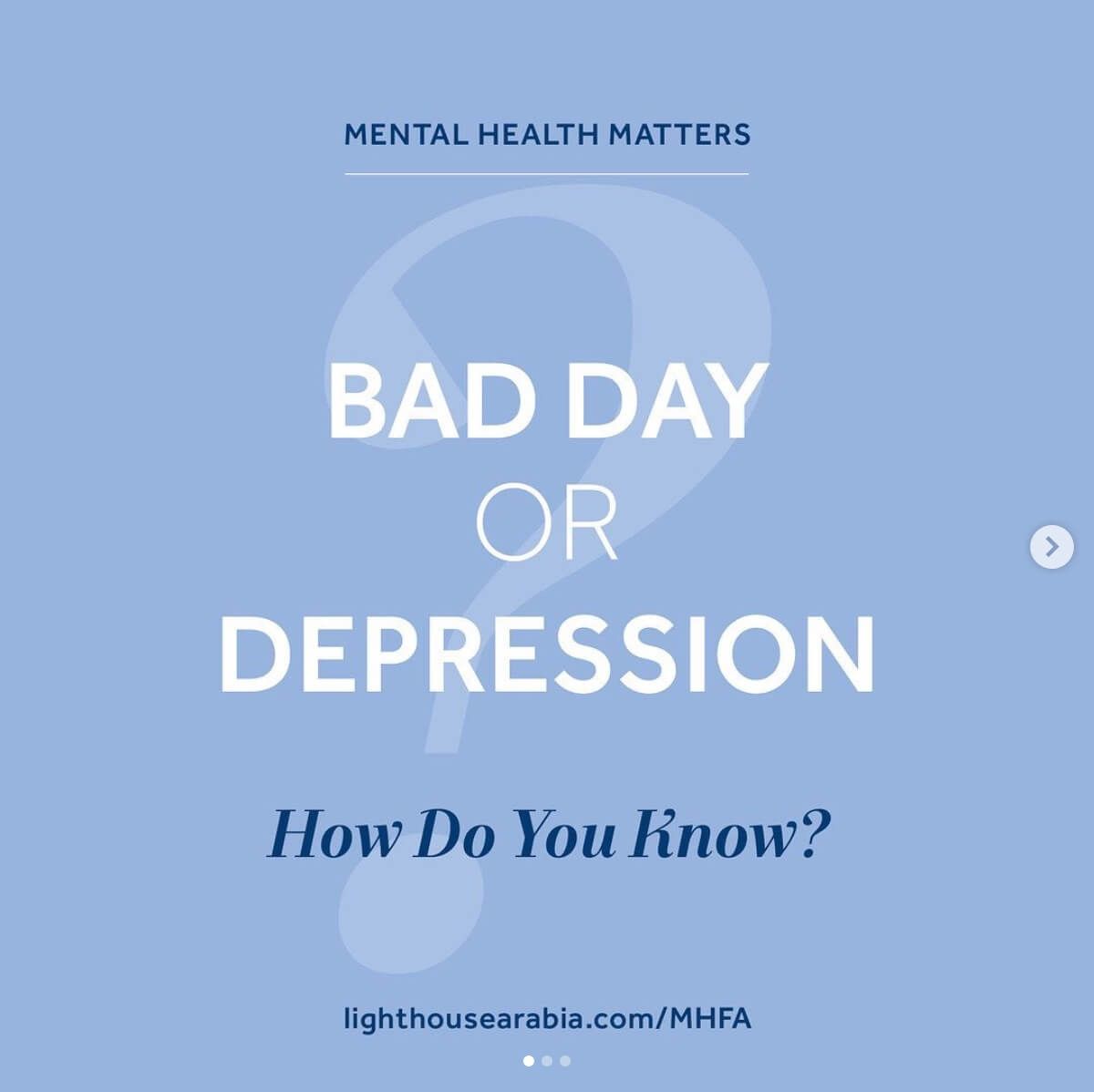
People often dismiss or minimise toxic work environments. They dismissively mention it as part of a larger story of being stressed, but not ‘the’ story itself.
However, when you add the daily frustrations and irritations of toxic colleagues to the workload and work stress it can have significant negative effects on personal mental, emotional and physical well-being.
Some might say that they have not done anything about their difficult co-worker because it is not someone they work with closely or see on a daily basis, but even then, the effects of stress are additive, and weekly encounters or the anticipatory anxiety can add up to having lasting negative effects on wellbeing.
A person in this situation can experience generalised distress, disturbance in sleep, loss of energy and low motivation, as well as low productivity, absenteeism and disengagement from work. They can develop symptoms of anxiety before they have to meet with this person or might try to avoid the person altogether.When these feelings continue over a longer period of time, the emotional, mental, and psychological difficulties can escalate into serious clinical problems. It is not uncommon for people to report symptoms of clinical disorders, such as anxiety disorders and depression, due to working with a difficult co-worker.
So, how do you know you are struggling with a difficult co-worker?
- They cannot regulate their emotions. This type of co-worker is usually overwhelming to be around and can feel like they are energy vampires. They cannot regulate their anxiety, so they may seek constant approval, validation or acknowledgement from you
- They overreact to critical feedback. This can happen if people feel insecure about their abilities and have low self-confidence, making it almost impossible for them to admit fault or wrongdoing
- They are constantly complaining. This type of person is a drain on energy as they tend to find a complaint about every area of their life. Whether it’s their health, job, family, weather, the company, the boss – nothing ever seems to be good or right. While some complaints are legitimate, this person’s incessant whining can cast a dark shadow on your workday
- They engage in passive-aggressive behaviours. This type of person will exclude you from emails, company events or birthday celebrations. They use sarcasm, snide comments, or stalling behaviors instead of communicating their anger or discontent to you
- They engage in aggressive behaviours. They attack physically or verbally, are argumentative and hostile and use their power differential or hierarchy to pressure you into doing things
Identifying these colleagues is the first step. Once you realise the perpetrator, here are a few simple tips to manage those relationships in order to reduce their negative impact on your wellbeing:
- Develop your skills
here is a range of training courses you can undertake which focus on drawing boundaries, speaking without provoking, asserting yourself and asking for your needs, all which can help when dealing with co-workers that display difficult behaviors. If it is a skill, it can be learned. Enrol yourself in classes, coaching sessions and practice with people you feel safe with. Do not try to confront the person if you do not feel you have the skills to assert yourself and draw healthy boundaries. Ineffectively communicating with these individuals can result in people losing their cool, using offensive language, which can result in the unnecessary escalation of the situation.
- Distance yourself from the ‘difficult’ person
As much as possible keep your distance. Your energy is spent better elsewhere. If there is interdependence in your work, get another person who is less affected by the colleague to do that part of the project.
- Understand
Sometimes understanding what is motivating and resulting in the person’s behaviour can diffuse the negative feelings inside you. Is the person negative because they are in a bad relationship? Because they are in a job they feel overqualified for? Maybe their personality type has resulted in them having blind spots and they cannot actually know the negative effects they are having on people around them. Try to get a balcony view of the situation and see if there is some part of the dynamic that you can take ownership for. Nothing exists in a vacuum and perhaps you may be adding to the mix more than you think.
- Have a diversity mindset
Take into consideration the differences between the people. The Middle East is a very diverse place with people from all over the world working side by side. Many times the differences in culture, language, religion can result in misunderstandings and conflict in the workplace.
- Keep boundaries
You aren’t meant to be best friends with people you work with. Maintain healthy boundaries in order to bring your best self to work. If you have a hard time asserting boundaries, then learn what stops you from establishing those healthy boundaries. You will most likely uncover an internal roadblock which you can work on.
Working with a difficult colleague can be mentally and physically draining, however, it is inevitable that you will encounter someone like this thought-out your career. Make sure you are doing all in your power to keep your own negative feelings at bay when interacting with this colleague and choose to be the bigger person. Although it may not seem fair, no one truly knows how another person is feeling or why. So choose to be kind and know that you are doing the best you can to avert toxicity away from the workplace.
This article was originally published in Arabian Business in January, 2021.








